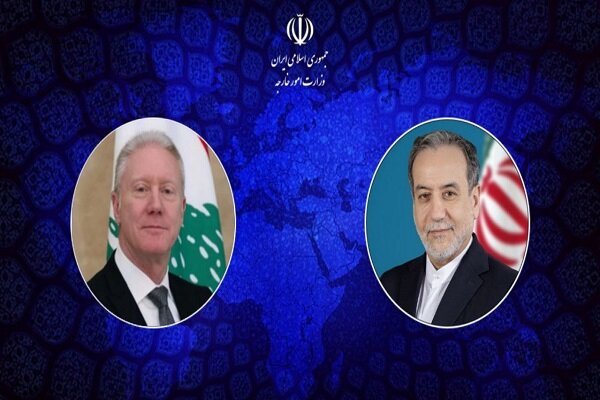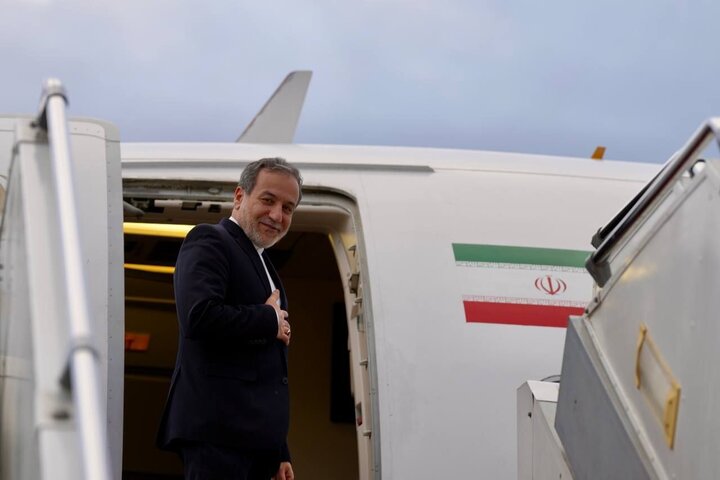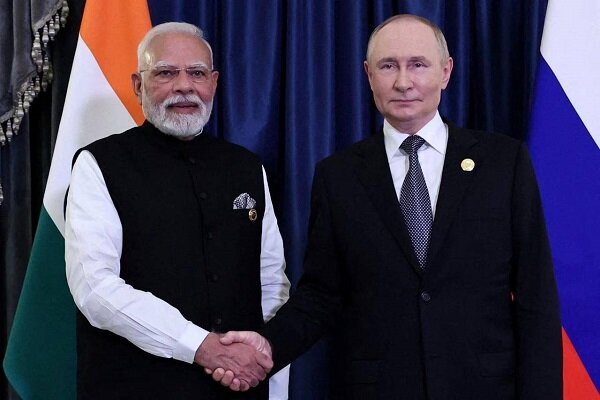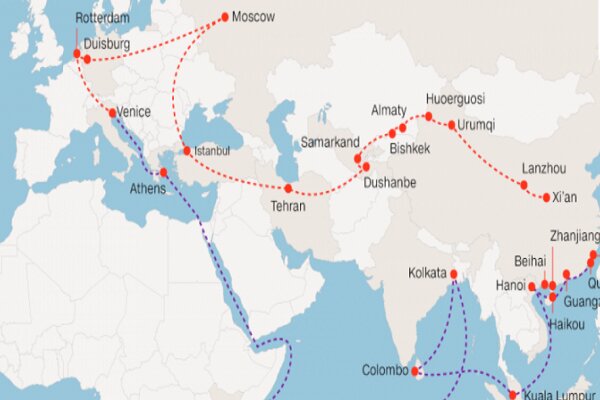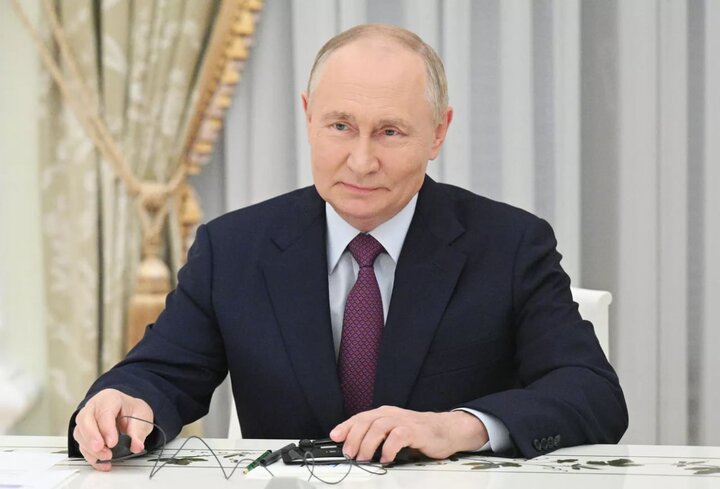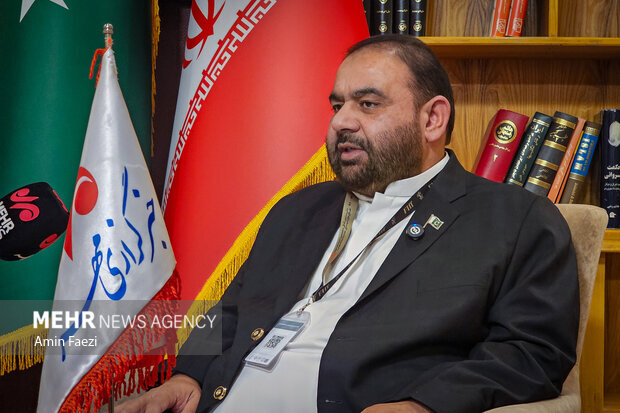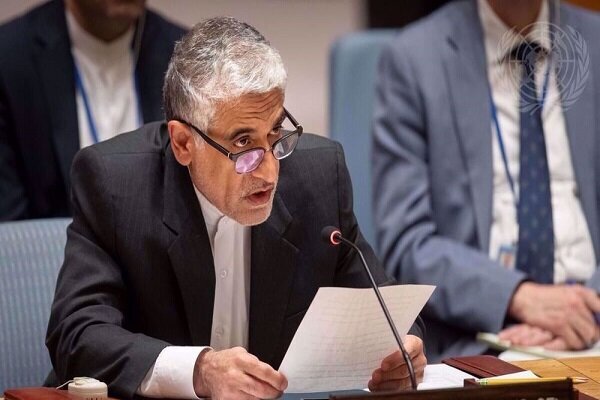
Amir Saeed Iravani made the remarks late on Tuesday as he addressed a UN Security Council meeting on the issues of “Climate change, Peace, and Security”.
The statement of the Iranian ambassador to the UN reads as follows:
Climate change has severe impacts on our planet and society, posing significant challenges that demand global cooperation, solidarity, and collective action.
Addressing climate change means focusing on its root causes and finding effective solutions to mitigate its effects.
International agreements like United Nations Framework Convention on Climate Change (UNFCCC) and the Paris Agreement provide frameworks for addressing this urgent issue.
Iran, like other nations, confronts environmental challenges and climate change impacts such as pollution, water scarcity, sand and dust storms, desertification, and biodiversity degradation.
These challenges are worsened by restrictions on accessing foreign goods and services due to unilateral coercive measures imposed by the US.
The US’ illegal measures impede international funding, hinder renewable energy investments, and access to environmentally sound technology, and restrict joint environmental research and educational opportunities. Consequently, environmental degradation in Iran negatively affects the rights of people to a healthy environment and a decent standard of living.
Despite such pressing challenges, we are steadfast in our commitments. In this context, the Islamic Republic of Iran, with UN support, is organizing the “International Conference on Combating Sand and Dust Storms” on 9-10 September 2023 in Tehran.
The conference aims to bring together all affected countries and interested partners to discuss the means and ways to address the key challenges posed by sand and dust storms and to find the best solutions and mechanisms possible for mitigating global risks and impacts.
This conference exemplifies Iran’s commitment to environmental challenges and collaborative approaches.
We emphasize the importance of global cooperation and genuine commitment from all nations to effectively tackle climate change and environmental issues.
Together and with a commitment to shared but differentiated responsibility, we can actively contribute to creating a more sustainable and resilient future that benefits everyone. In pursuit of this goal, we advocate for the following essential measures:
Developed countries should fulfill their obligations under the Convention and the Paris Agreement, as well as transparency in the implementation of their commitments. They should also provide sufficient support, including financial assistance and technology transfer, to help developing countries effectively implement their commitments.
Developing countries, within their capabilities and national circumstances, should receive assistance from the international community to overcome obstacles hindering the implementation of their commitments.
Unilateral coercive measures must end immediately, as they pose barriers to countries’ contributions to climate change mitigation efforts.
Economic, financial, and technological assistance should be provided to countries in need, and relevant platforms such as the General Assembly, the Economic and Social Council, and the UNFCCC should address these issues appropriately.
The Security Council should refrain from encroaching upon the mandates of other UN organs, as it lacks the expertise and tools to effectively respond to climate-related security risks. This approach ensures compliance with the principles outlined in the UN Charter.
Iran firmly opposes the idea of linking climate change to international peace and security and strongly rejects any attempts to politicize technical matters such as climate change.
Climate change is essentially an issue related to sustainable development rather than a matter of international peace and security.
It is vital that this matter be addressed and pursued within the appropriate organs of the United Nations, in accordance with their respective mandates.
Categorizing climate change challenges within the realm of international peace and security would unnecessarily politicize a matter that fundamentally pertains to technical considerations.
By focusing on the root causes of climate change and finding effective solutions through international collaboration and environmental frameworks, we can address environmental challenges and secure a sustainable future.
AMK/PR
